[:en]Photo: Mídia NINJA
On teleSUR
Brazil’s controversial Senate-coup-imposed President Michel Temer has been largely isolated in Latin America in his first days in office after a the legislative body’s decision to suspend Dilma Rousseff, with only Argentina’s conservative government of President Mauricio Macri publicly stating support for the newly-installed right-wing government.
1. Venezuela

Venezuelan President Nicolas Maduro recalled his ambassador to Brazil the day after the decision to suspend Rousseff. He called the impeachment bid a “painful page” in the country’s history and said that Rousseff has been the victim of a parliamentary coup.
2. El Salvador

Salvadoran President Salvador Sanchez Ceren announced he will not recognize the Senate-imposed government of Michel Temer and recalled El Salvador’s ambassador to Brazil. He called the impeachment process a “political manipulation” that has sought to achieve what “was once done through military coups.”
3. Ecuador

Ecuador’s foreign ministry released a statement reiterating support for the Brazilian people and suspended President Dilma Rousseff, calling her the “legitimate” leader of the country who faced an impeachment bid despite not facing “a single accusation linking her to a criminal offense.”
4. Bolivia
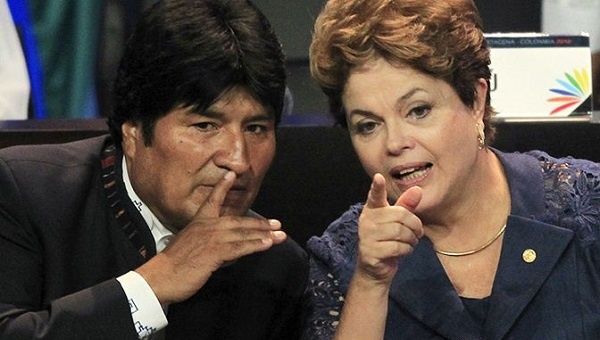
Bolivia rejected the Brazilian Senate’s decision to suspend Dilma Rousseff, calling the process a “legal and political farce.” In a statement, the foreign ministry condemned the impeachment bid as an attempt to harm democracy and to “destabilize democratic processes and ignore the will of the people expressed in the popular vote.” The statement also argued that the suspension is based on the “criminalization of administrative actions” that does not fulfill the legal basis for impeachment.
5. Cuba

The government of Cuba released a statement condemning the impeachment bid against Rousseff as a move by the country’s oligarchy, with the help of the “reactionary press,” to “overthrow the legitimate government and seize the power that they could not win with an electoral vote” as part of a project to roll back progressive politics.
6. Nicaragua

Nicaraguan President Daniel Ortega rejected the decision to suspend Rousseff as an “anti-democratic process that has cast a shadow on the reliability and strength of institutions” in Brazil. He added that the Workers’ Party has been essential in ensuring “freedom and justice” and reiterated solidarity with Rousseff and her predecessor Luiz Inacio Lula da Silva.
7. Chile

The government of Chile released a statement expressing concern over the situation in Brazil, calling Rousseff a “friend” of the Chilean government. The statement did not go as far as to reject the Senate-imposed Temer government but did raise concern over the “uncertainty” the impeachment bid has caused at the international level.
8. Uruguay

Uruguayan Foreign Minister Rodolfo Nin Novoa said the situation in Brazil is “worrying” and expressed hope that the situation will be resolved “in accordance with democratic and institutional canons.” Ahead of the vote in the Senate to suspend Rousseff, the Uruguayan government raised concern over the threat to the “legitimate and democratically elected” president.
9. Other Reactions

Argentina’s government released a statement saying it “respects the institutional process” in Brazil and trusts that the result will “consolidate the strength of Brazilian democracy.” The statement also expressed support for the Senate-imposed government, saying Argentine authorities will continue to engage in dialogue with the “established authorities” in its neighboring country.
Meanwhile, Colombia’s position was more ambiguous, saying in a statement that the country “trusts in the preservation of democratic institutionality and stability.” The U.S. State Department was similarly vague, saying in a statement that the United States is “confident that Brazilians will work through these difficult political questions democratically and in accordance with Brazil’s constitutional principles.”

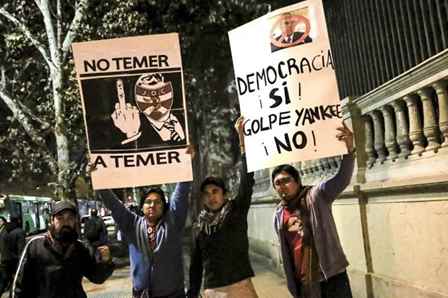
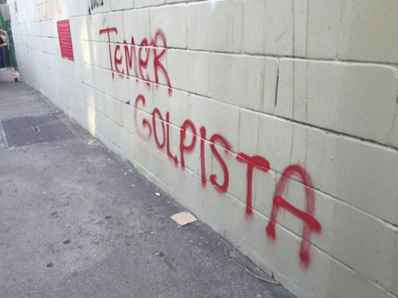
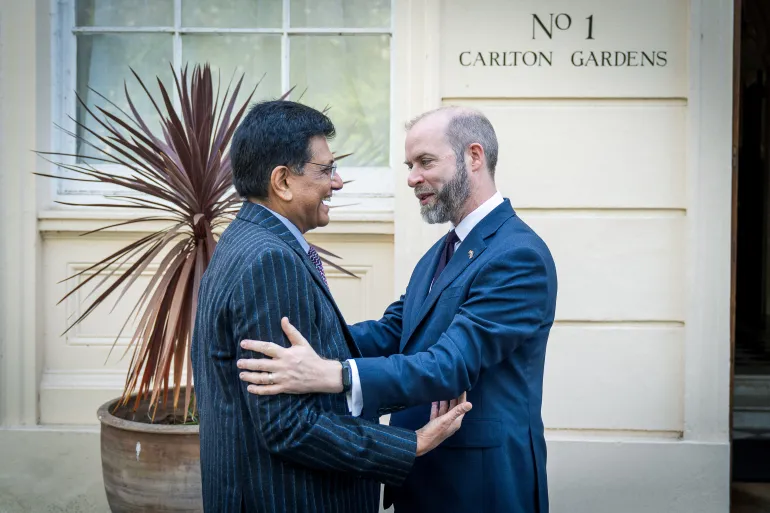

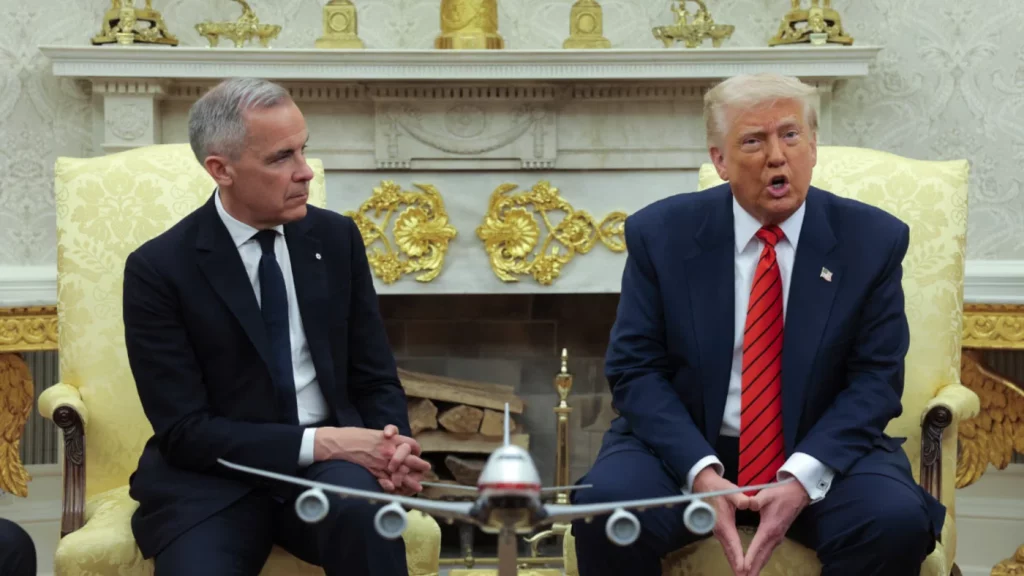
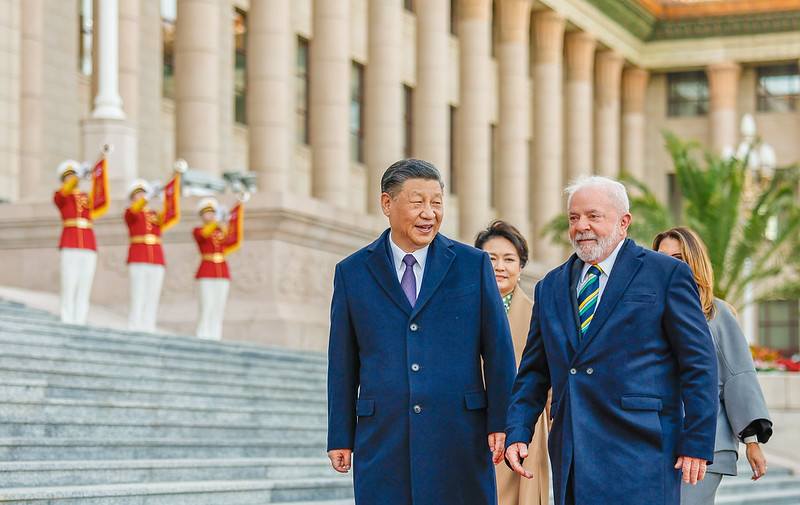
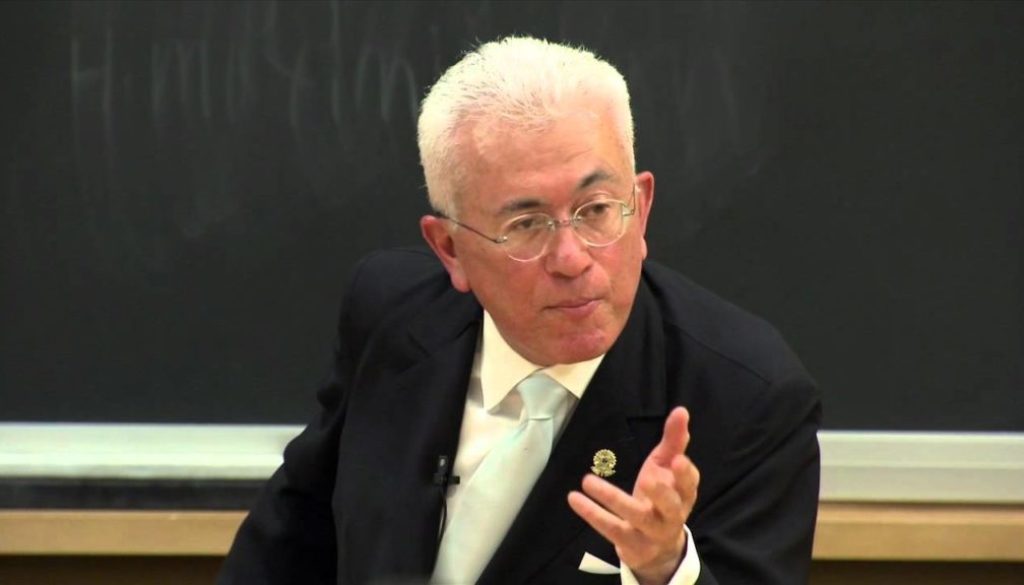
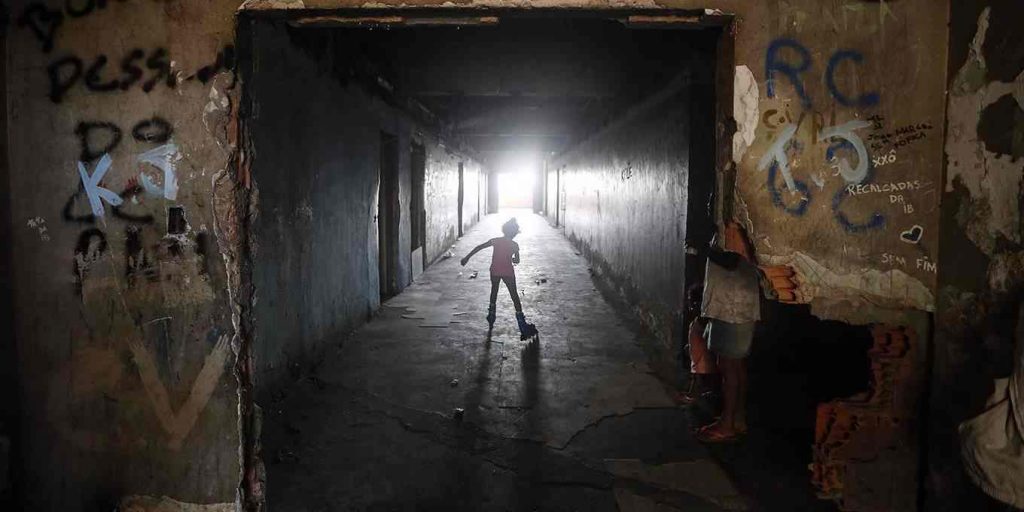
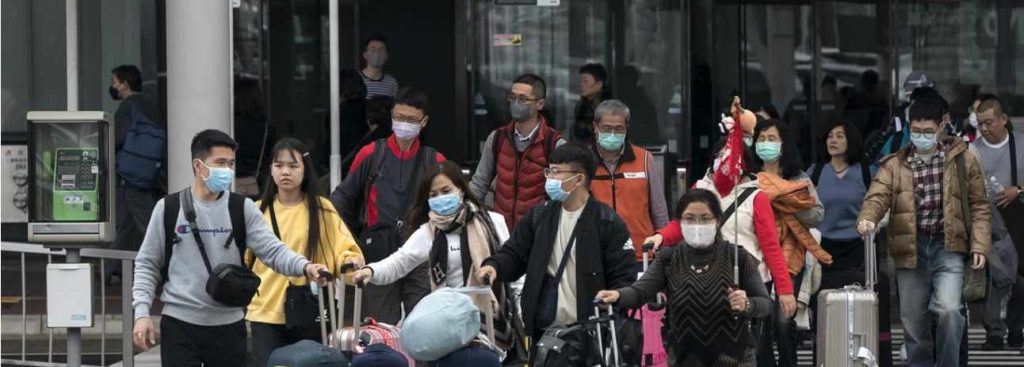
Nenhum comentário ainda, seja o primeiro!